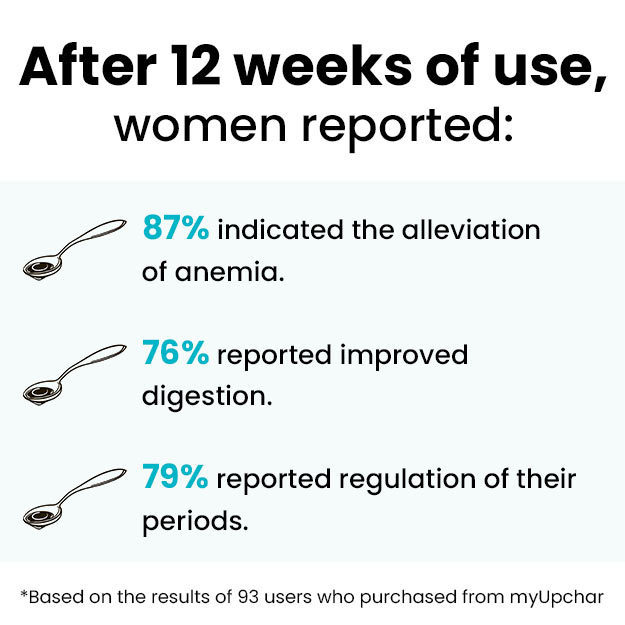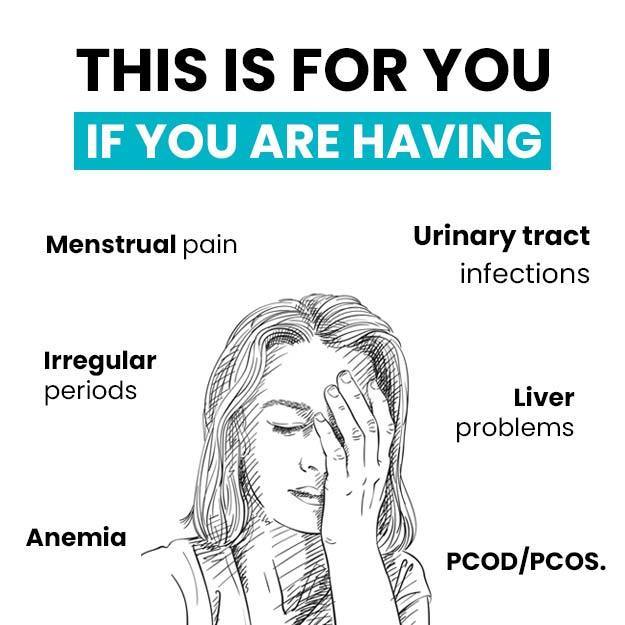What is Aldosterone Urine test?
Aldosterone is a hormone released by the adrenal glands - a pair of endocrine glands situated on top of kidneys. It controls the fluid and electrolyte balance in our body by promoting the absorption of salt (sodium) and removal of potassium by the kidneys. Aldosterone also helps control blood volume and blood pressure. Changes in the levels of aldosterone can, therefore, affect our blood pressure.
Aldosterone urine test is performed to check the amount of aldosterone excreted in your urine. It is generally done to confirm the outcome of aldosterone blood test. This is because the results of the aldosterone blood test may be affected by your position (sitting or standing increases the level of aldosterone in blood) and the time of the day.

































